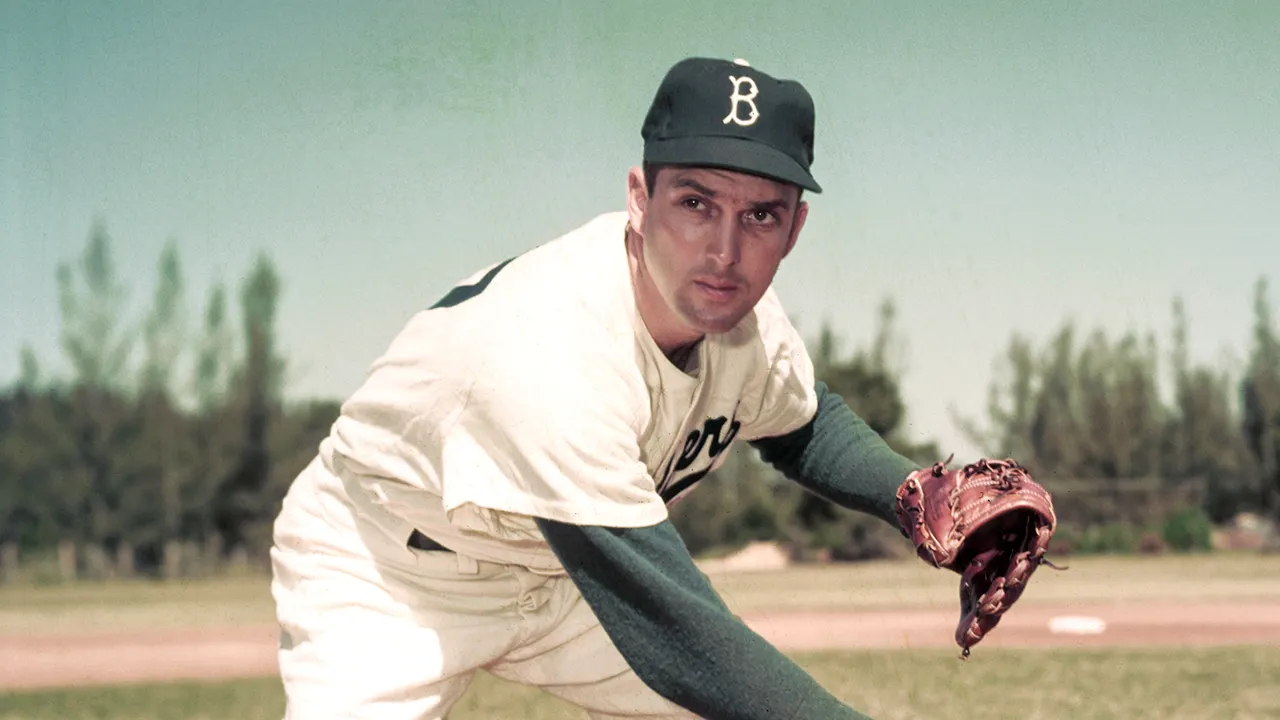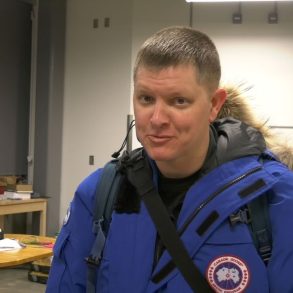Carl Erskine, former Brooklyn/Los Angeles Dodgers pitcher and renowned humanitarian, passed away at 97, marking the end of an era for the “Boys of Summer” teams from the 1940s and 1950s. The Dodgers confirmed his death, highlighting his All-Star career, World Series triumphs, and his impactful advocacy for equality and special needs awareness, inspired by his son Jimmy. Erskine died after a brief illness at Anderson Community Hospital in Indiana, as announced by his family.
Pitching for the Dodgers from 1948 to 1959, Erskine contributed significantly to the team’s success, including one World Series win in 1955 and five National League pennants. His career statistics reflected his prowess on the field, with a 122-78 record and a 4.00 ERA. Notably, Erskine ranked ninth in the NL MVP vote in 1953, a season where he won 20 games and struck out 187 batters.
Throughout his career, Erskine showcased remarkable performances, notably striking out 14 New York Yankees in a single World Series game in 1953, solidifying his place in baseball history. He also achieved two no-hitters during his tenure, against the Chicago Cubs in 1952 and the New York Giants in 1956, further cementing his legacy as a standout pitcher.

Beyond baseball, Erskine dedicated himself to humanitarian causes, particularly advocating for those with special needs, influenced by his son Jimmy, who had Down syndrome. He spent decades volunteering, fundraising, and raising awareness for the Special Olympics, leaving a lasting impact on society. His efforts were recognized with the “Buck” O’Neil Lifetime Achievement Award by the Baseball Hall of Fame, underscoring his extraordinary contributions to the sport and society.
Erskine’s legacy extends beyond the baseball diamond, as demonstrated by Ted Green’s documentary film “The Best We’ve Got: The Carl Erskine Story,” released in 2022. The film celebrated Erskine’s life, both on and off the field, emphasizing his humility, grace, and commitment to uplifting others. Ultimately, Erskine will be remembered not only as a baseball great but also as a compassionate humanitarian who used his platform to effect positive change in the world.







